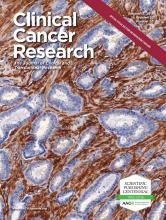 A cancer journal has retracted a paper by a researcher who doctored data in 11 studies, according to a report by the U.S. Office of Research Integrity (ORI).
A cancer journal has retracted a paper by a researcher who doctored data in 11 studies, according to a report by the U.S. Office of Research Integrity (ORI).
According to an investigation report released by the ORI last year, all 11 studies co-authored by Girija Dasmahapatra, formerly based at Virginia Commonwealth University (VCU) in Richmond, will either be retracted or corrected. In April, Dasmahapatra lost the first of the 11 papers flagged by the ORI in the journal Leukemia. Earlier this month, a second paper from the list was pulled by Clinical Cancer Research.
Dasmahapatra isn’t the only VCU researcher who’s been busy correcting the literature. All 11 papers mentioned in the ORI report list Steven Grant as last author; Paul Dent is a co-author of nine of these studies. Last month, we reported on a retraction in the Journal of Biological Chemistry (JBC) and a mega-correction in Molecular Pharmacology issued for papers by Grant and Dent due to problems with images. Neither paper included Dasmahapatra as a co-author.
We’ve also previously reported on four other errata for image-related issues for papers by Dent (one of which lists Grant as a co-author). Now, we’ve come across another correction in JBC for the pair, which was published last month.
First, here’s the new retraction notice from Clinical Cancer Research, which includes Grant and Dent as co-authors: Continue reading Researcher pegged for misconduct in 11 papers earns 2nd retraction
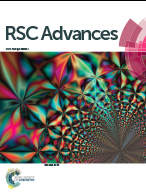



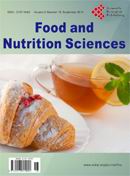 Earlier this year, a nutrition journal
Earlier this year, a nutrition journal 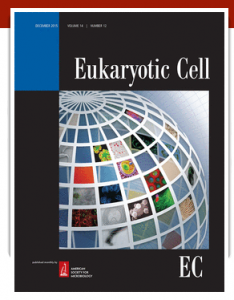
 A U.S. Congressional subcommittee is investigating two cases of fraud affecting one Colorado lab run by the U.S. Geological Survey (USGS).
A U.S. Congressional subcommittee is investigating two cases of fraud affecting one Colorado lab run by the U.S. Geological Survey (USGS).
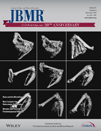 A bone researcher based in Japan
A bone researcher based in Japan